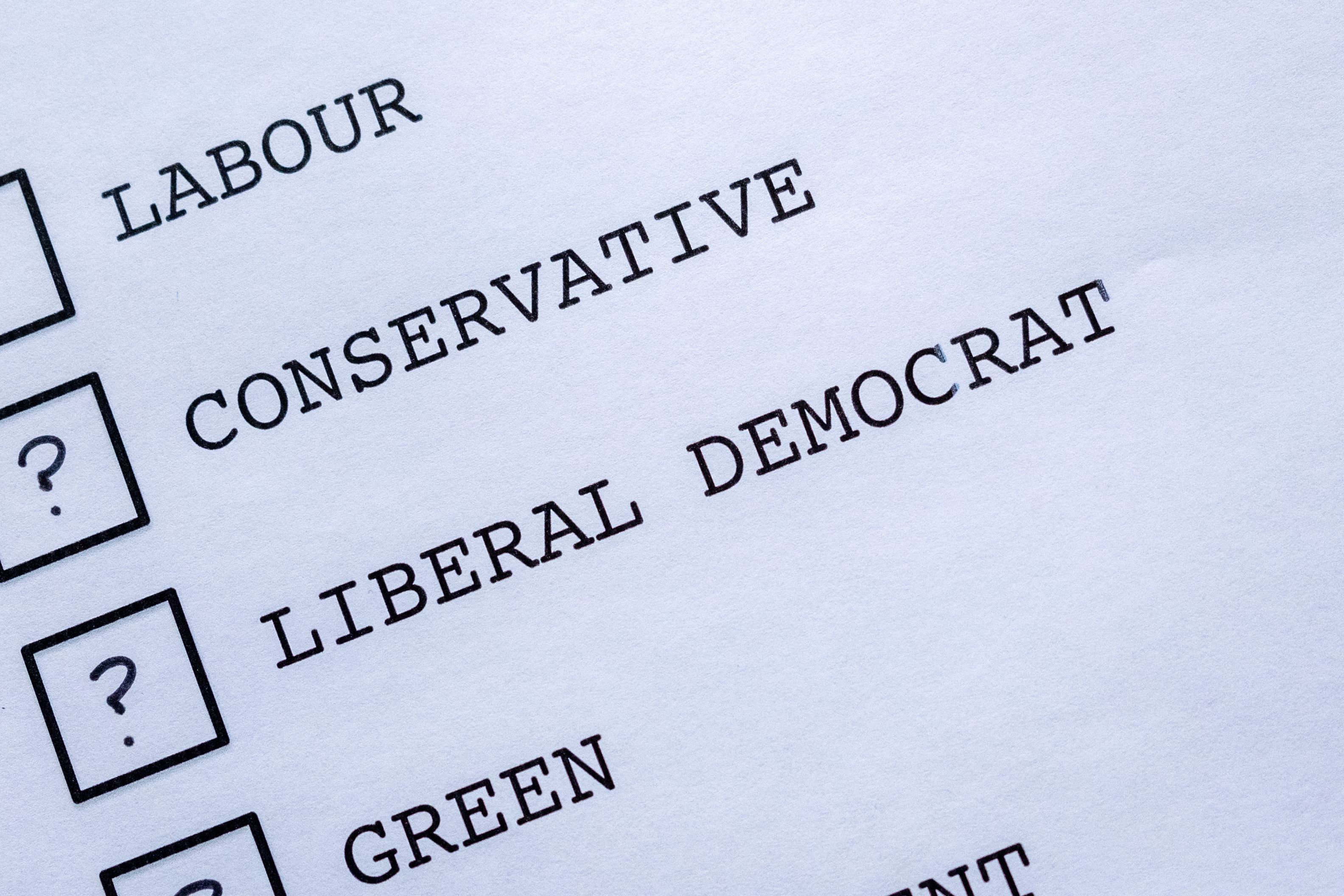
Thursday (2 May) saw local elections take place, largely in England, with results coming in late into the bank holiday weekend.
As we have detailed previously, the results will have a major impact on international trade policy in the UK’s nations and regions. The elected mayors, combined with local councillors, are likely to emphasise their region’s exporting industries in developing economic strategies and encouraging businesses to sell abroad.
These local elections are also likely the last opportunity for us to get a snapshot of the public mood before the next general election, outside of any opinion poll.
Big picture
Conservatives could only describe the night as “tough” as early results rolled in, while Labour and other opposition parties celebrated gains across England.
At the end of the night, Labour finished with a net gain of 186 councillors and eight councils while the Conservatives lost 474 and 10 respectively.
The Liberal Democrats finished slightly ahead of the Conservatives, gaining 104 councillors to reach 552, compared to the Tories’ 515. The Green party also saw gains across the country, picking up 74 net gains.
Councils
Bellwether councils that Labour had been targeting – such as Hartlepool, Redditch and Milton Keynes – swung decisively in their favour, while the Liberal Democrats seized Tunbridge Wells and Dorset, while also making gains in a number of other key areas.
However, Labour lost control of Oldham council, as well as seats in other safe areas, to Greens and smaller groups, primarily over discontent over its stance on the Israel/Palestine issue.
Despite this, there were gains in councils such as Adur, Peterborough, Nuneaton and Bedworth. Labour leader Starmer seized on the results as a “seismic” positive for his party.
The Conservatives, while acknowledging the overall painful results, pointed to the narrow hold of Harlow council as proof that Labour wasn’t on track.
Mayors
Initially, the weekend offered some hope to prime minister Rishi Sunak, as Tees Valley Mayor Lord Ben Houchen held on with a significantly reduced majority.
However, as results rolled in over the weekend, Lord Houchen became the only Tory to win a mayoral race.
In a shock result, Labour’s David Skaith won the York and North Yorkshire mayoralty with 66,761 votes. This was previously seen as a Conservative stronghold, and is the area that includes Sunak’s own parliamentary seat of Richmond and Northallerton.
In another poor result for the Conservatives, incumbent West Midlands mayor Andy Street narrowly lost re-election to Labour challenger Richard Parker by 1,506 votes.
London mayor Sadiq Khan secured re-election, despite early briefings that he might be in trouble in the capital, beating rival Susan Hall 43.8% to 32.7%.
Labour took the East Midlands and North East mayoralties, winning both inaugural competitions reasonably comfortably, as well as the Salford, Liverpool City, Greater Manchester, West Yorkshire and South Yorkshire races.
Parliamentary moves
Labour also won the Blackpool South by-election on a huge swing of 26.3% swing from the Conservatives, one of the largest swings in post-war history.
As the results came out, some Conservatives reportedly dropped plans to oust Rishi Sunak, Bloomberg reported.
Sunak responded to the “disappointing” set of local elections by saying the general election was “not a forgone conclusion”, pointing to modelling that he said showed that Labour were not on course to secure an overall majority.

